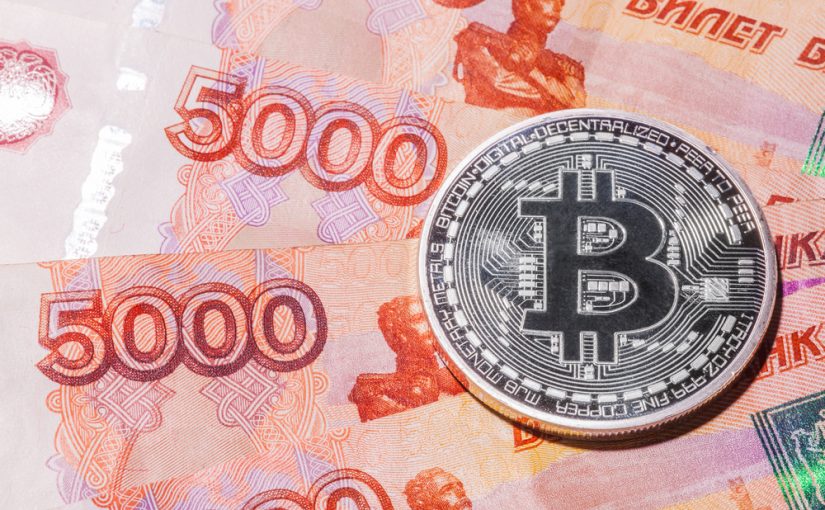How does the Blockchain Work (for Dummies) explained simply

How does the Blockchain Work?
Well here is a simple explanation that cuts through the hype.
Blockchain is a hot topic around the world these days, yet for many, the technology remains an elusive concept. Yet it shouldn’t, the concept is simple once you get your head around the architecture and theory of basic crypto economics. When you do have your “a Ha” moment, the world will never seem the same to you again.
This blockchain basics guide is designed to deliver a clear, non-technical introduction to one of the most transformational & misunderstood technologies of our time. If you want to know what blockchain technology is, how it works, and it’s potential impacts, without all the technical lingo, then this post is for you.
A short History of Transacting Money
Historically, when it comes to transacting money or anything of value, people and businesses have relied heavily on intermediaries like banks and governments to ensure trust and certainty. Middlemen perform a range of important tasks that help build trust into the transactional process like authentication & record keeping. The need for intermediaries is especially acute when making a digital transaction. Because digital assets like money, stocks & intellectual property, are essentially files, they are incredibly easy to reproduce. This creates what’s known as the double spending problem (the act of spending the same unit of value more than once) which until now has prevented the peer to peer transfer of digital assets.
But what if there was a way of conducting digital transactions without a third party intermediary? Well, a new technology exists today that makes this possible. But before we dive into the mechanics of this revolutionary technology, it’s important to provide a little context.
Blockchain Vs Bitcoin — What’s the connection?
Bitcoin first appeared in a 2008 white paper authored by a person, or persons using the pseudonym Satoshi Nakamoto. The white paper detailed an innovative peer to peer electronic cash system called Bitcoin that enabled online payments to be transferred directly, without an intermediary.
How the Blockchain Transfers Value
While the proposed bitcoin payment system was exciting and innovative, it was the mechanics of how it worked that was truly revolutionary. Shortly after the white paper’s release, it became evident that the main technical innovation was not the digital currency itself but the technology that lay behind it, known today as blockchain. Although commonly associated with Bitcoin, blockchain technology has many other applications. Bitcoin is merely the first and most well-known uses. In fact, Bitcoin is only one of about seven hundred applications that use the blockchain operating system today.
“[Blockchain] is to Bitcoin, what the internet is to email. A big electronic system, on top of which you can build applications. Currency is just one.” —âSally Davies, FT Technology Reporter
One example of the evolution and broad application of blockchain, beyond digital currency, is the development of the Ethereum public blockchain, which is providing a way to execute peer to peer contracts.
What’s under the blockchain hood?
Blockchain is a type of distributed ledger or decentralized database that keeps records of digital transactions. Rather than having a central administrator like a traditional database, (think banks, governments & accountants), a distributed ledger has a network of replicated databases, synchronized via the internet and visible to anyone within the network. Blockchain networks can be private with restricted membership similar to an intranet, or public, like the Internet, accessible to any person in the world.
When a digital transaction is carried out, it is grouped together in a cryptographically protected block with other transactions that have occurred in the last 10 minutes and sent out to the entire network. Miners (members in the network with high levels of computing power) then compete to validate the transactions by solving coded complex problems. The first miner to solve the problems and validate the block receives a reward. (In the Bitcoin Blockchain network, for example, a miner would receive Bitcoins).
The validated block of transactions is then timestamped and added to a chain in a linear, chronological order. New blocks of validated transactions are linked to older blocks, making a chain of blocks that show every transaction made in the history of that blockchain. The entire chain is continually updated so that every ledger in the network is the same, giving each member the ability to prove who owns what at any given time.
“A blockchain is a magic computer that anyone can upload programs to and leave the programs to self-execute, where the current and all previous states of every program are always publicly visible, and which carries a very strong crypto economically secured guarantee that programs running on the chain will continue to execute in exactly the way that the blockchain protocol specifies.”â—âVitalik Buterin
Blockchain’s decentralized, open & cryptographic nature allow people to trust each other and transact peer to peer, making the need for intermediaries obsolete. This also brings unprecedented security benefits. Hacking attacks that commonly impact large centralized intermediaries like banks would be virtually impossible to pull off on the blockchain. For example — if someone wanted to hack into a particular block in a blockchain, a hacker would not only need to hack into that specific block, but all of the proceeding blocks going back the entire history of that blockchain. And they would need to do it on every ledger in the network, which could be millions, simultaneously.
Will the blockchain transform the Internet & the global economy?
Make no mistake about it. Blockchain is a highly disruptive technology that promises to change the world as we know it. The technology is not only shifting the way we use the Internet, but it is also revolutionizing the global economy. By enabling the digitization of assets, blockchain is driving a fundamental shift from the Internet of information, where we can instantly view, exchange and communicate information to the Internet of value, where we can instantly exchange assets. A new global economy of immediate value transfer is on its way, where big intermediaries no longer play a major role. An economy where trust is established not by central intermediaries but through consensus and complex computer code.
“The technology likely to have the greatest impact on the next few decades has arrived. And it’s not social media. It’s not big data. It’s not robotics. It’s not even AI. You’ll be surprised to learn that it’s the underlying technology of digital currencies like Bitcoin. It’s called the blockchain.”â—âDon Tapscott
Blockchain has applications that go way beyond obvious things like digital currencies and money transfers. From electronic voting, smart contracts & digitally recorded property assets to patient health records management and proof of ownership for digital content.
Blockchain will profoundly disrupt hundreds of industries that rely on intermediaries, including banking, finance, academia, real estate, insurance, legal, health care, and the public sector — amongst many others. This will result in job losses and the complete transformation of entire industries. But overall, the elimination of intermediaries brings mostly positive benefits. Banks & governments for example, often impede the free flow of business because of the time it takes to process transactions and regulatory requirements. The blockchain will enable an increased amount of people and businesses to trade much more frequently and efficiently, significantly boosting local and international trade. Blockchain technology would also eliminate expensive intermediary fees that have become a burden on individuals and businesses, especially in the remittances space.
Perhaps most profoundly, blockchain promises to democratize & expand the global financial system. Giving people who have limited exposure to the global economy, better access to financial and payment systems and stronger protection against corruption and exploitation.
“Every human being on the planet with a phone, will have equal access. Expanding the total addressable market by 4X”â—âBrock Pierce
The potential impacts of blockchain technology on society and the global economy are hugely significant. With an ever growing list of real-world uses, blockchain technology promises to have a massive impact. This is just the beginning. Many of the most exciting applications and platforms haven’t even been invented yet!
Chuck Reynolds
Contributor
Alan Zibluk Markethive Founding Member










